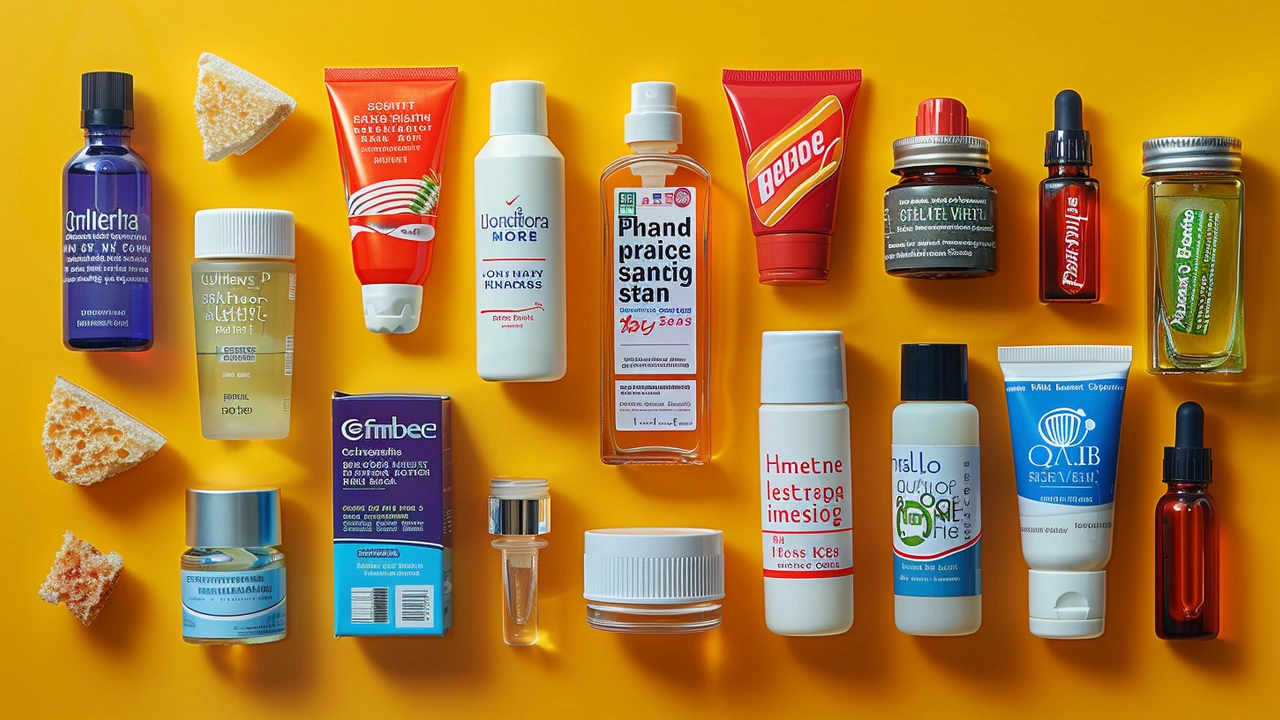Cold Sores: What They Are and How to Deal With Them
If you’ve ever had that painful spot on your lip, you know how annoying cold sores can be. They’re caused by the herpes simplex virus and show up as small blisters that turn into crusty sores. Most people get their first outbreak in childhood, but they can pop up again later when stress or sunlight triggers them.
The good news is you don’t have to suffer in silence. Over‑the‑counter creams, prescription pills, and simple home tricks can speed up healing and cut down the pain. Below we’ll walk through the basics of spotting a cold sore, treating it fast, and keeping future breakouts at bay.
How to Spot and Treat Cold Sores
A cold sore usually follows three stages: tingling, blistering, and crusting. The tingling stage is your cue to start treatment—apply a antiviral cream like docosanol or acyclovir as soon as you feel it. This can shrink the sore by up to 50 percent.
If you prefer pills, a short course of oral antivirals (valacyclovir or famciclovir) works well for severe cases. You’ll need a prescription, so talk to your doctor if you get cold sores often.
Home remedies can help too. Dab a little petroleum jelly on the sore to keep it moist and prevent cracking. Some people find relief with a dab of honey or a tea‑bag compress—both have mild antibacterial properties and feel soothing.
Avoid picking at the scab; that only spreads the virus and can lead to infection. Wash your hands before and after touching the sore, and don’t share lip balm, utensils, or towels until it’s fully healed.
Preventing Future Outbreaks
The virus stays in your body forever, but you can lower the chances of a flare‑up. Keep stress under control with regular exercise, enough sleep, and relaxation techniques like deep breathing. When you know sunlight triggers yours, slap on an SPF‑30 lip balm before heading out.
Stay hydrated and eat foods rich in lysine (like yogurt and fish) while limiting arginine‑heavy snacks such as chocolate or nuts during a breakout. Some people swear by daily lysine supplements; the research is mixed, but it doesn’t hurt to try under a doctor’s guidance.
If you get cold sores more than four times a year, ask your doctor about a suppressive antiviral regimen. A low dose taken every day can keep most outbreaks from happening at all.
Remember, cold sores are common and nothing to be embarrassed about. With quick treatment, good hygiene, and a few lifestyle tweaks, you can keep them under control and get back to your daily routine faster than you think.
In 2023, individuals suffering from cold sores have a variety of antiviral creams to choose from. These products offer symptom relief and faster healing, each with unique ingredients catering to different needs.
Mar, 22 2024

